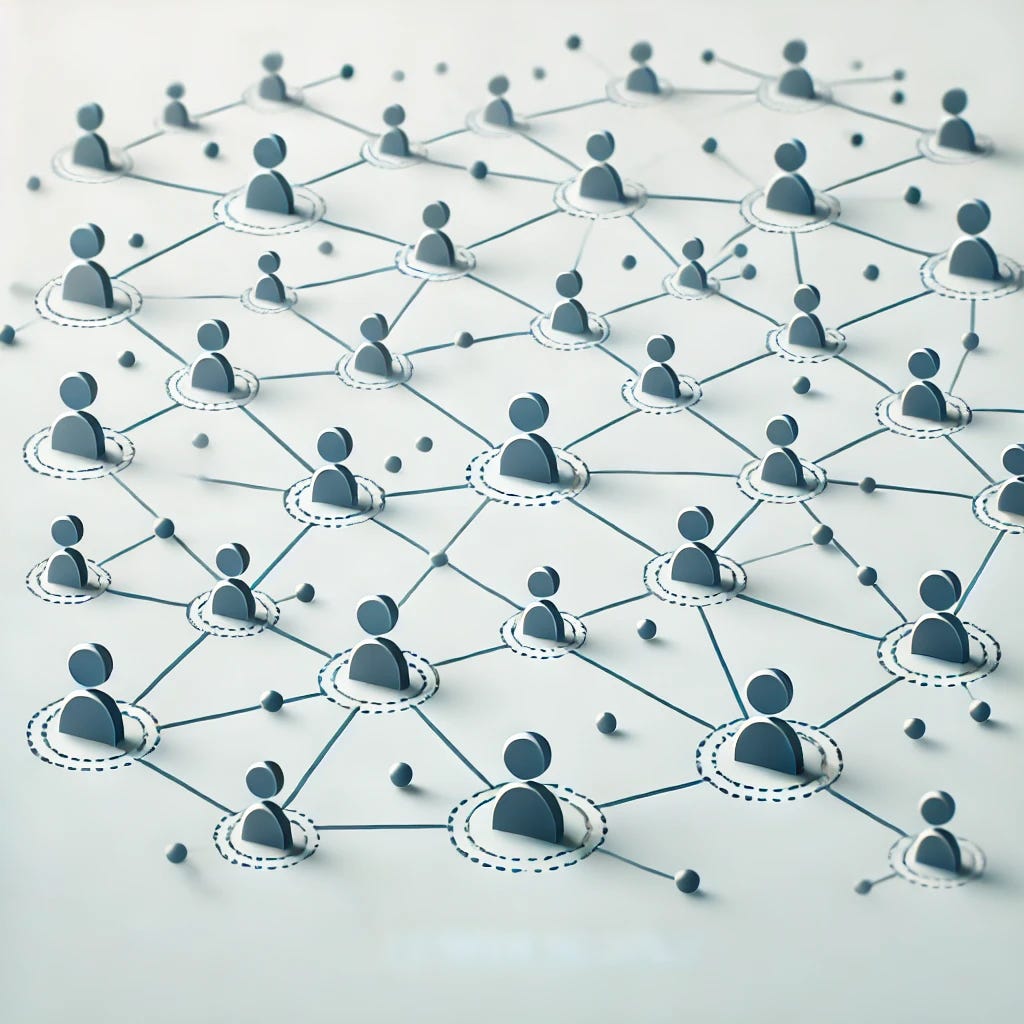How Having a Diverse Set of Social Identities Can Protect Us Against Misinformation
Our social identities provide us with a framework of meanings that help us navigate interactions and make sense of the world around us. We are naturally driven to align our beliefs and behaviors with the values associated with our social identities because doing so boosts our self-esteem. For instance, if we are fans of a professional sports team, being part of that fan community connects us with others, and we feel good when our team wins. This connection motivates us to support the team, which might even lead us to believe that the penalties called against our team were unfair.
While thinking a penalty is unfair during a game may not be particularly significant, things become more consequential when our political identity is involved. If political identity plays a major role in how we see ourselves, we may feel especially driven to support our political group, attack opposing groups, and even become more susceptible to false information that aligns with these goals. Research demonstrates that partisanship can bias how we evaluate information. Sharing misinformation within ideologically similar networks spreads it further, reinforcing false beliefs. My own research has shown that Democrats and Republicans with less diverse personal networks are more vulnerable to believing misinformation. This lack of diversity also correlates with stronger identification with political identity. In other words, the more ideologically uniform our networks, the more likely we are to accept falsehoods that reinforce our sense of belonging.
If a lack of network diversity increases biases, can greater ideological diversity reduce them? There is evidence that suggests it can. Research shows that people with more ideologically diverse networks tend to have less polarized beliefs, and meaningful discussions across differences can reduce polarization. However, I argue that we should also strive for a broader set of social identities that are independent from one another. This is a concept known in social psychology as “social identity complexity.”
Social identity complexity refers to having multiple, distinct social identities that don’t overlap heavily. Research shows that people with higher social identity complexity are less biased and more tolerant of outgroups. Having more contact with diverse groups of people also predicts higher social identity complexity. So again, having diverse social connections can help keep us grounded. Psychologist Peter Coleman has written about how greater social identity complexity can reduce political polarization and he even provides exercises for people to evaluate their own social identity map on his website. The influence of a diverse set of social identities on self-esteem has been well-documented over decades, and this idea was recently promoted again by psychologist Adam Grant. I argue that this same principle extends to how we process information.
When we have low social identity complexity, many of our identities overlap significantly. For example, imagine someone who has just four central identities: their political identity, religious identity, friend identity, and volunteer identity. Now imagine all these identities center completely overlap: their politics and religion share all of the same values, their friends are all from the same church, and they even volunteer at the same place as well. Such overlap means their self-esteem depends on a narrow set of identities and the meanings/values associated with them. When information challenges one of these core identities, such as their political beliefs, it can feel like a personal attack on their entire sense of self, leading to heightened defensiveness and rejection of that information.
Conversely, when we have many identities that are distinct and independent, a challenge to one identity doesn’t feel as threatening. For instance, let’s imagine another example where someone has the same core identities as above: a political identity, religious identity, friend identity, and volunteer identity. However, there is not a complete overlap between the religious and political identity. And this person has friends from many places, not just their church. And they volunteer somewhere completely separate from their church, such as a pet shelter that has entirely different people. Having such a broad set of social identities (and their meanings/values) to derive self-esteem from means that no single piece of negative information feels like a critical attack on our entire self. This balance helps us process negative information more constructively, as we can rely on a broader, more stable sense of self-esteem.
At a broader level, the increasing issues of isolation and loneliness in the U.S. make it crucial to create more spaces where diverse groups of people can connect. Ideally, creating these spaces would then foster meaningful relationships and shared activities. This could include more community events, sports, or other local interests that bring people together. A more interconnected community would also help build bridges across divides and strengthen our collective resilience. The importance of a diverse set of social identities is a major point I discuss more in my forthcoming book, Misguided, and I argue it’s one of the best ways we can protect ourselves against misinformation.


